Iodine is a mineral that is required by the body for the synthesis of thyroid hormones - thyroxine (T4) and triiodothyronine (T3). Under normal circumstances, the human body contains approximately 20 to 30 mg of iodine, most of which is stored in the thyroid gland. Small amounts of iodine are also stored in the mammary glands, the lining of the stomach, salivary glands, and blood.
Key functions of iodine
As a component of the thyroid hormones thyroxine (T4) and triiodothyronine (T3), iodine is essential for human life. Without sufficient iodine, your body is unable to synthesize these hormones and thyroid hormones that regulate metabolism in every cell of the body and play an important role in almost all physiological functions. Goiter disease or enlargement of the thyroid gland, is usually one of the earliest symptoms of iodine deficiency. The expansion results from Thyroid stimulating hormone (TSH), and the attempts by the body to produce thyroid hormones, despite the lack of iodine.
Iodine has several other physiological functions. It can help deactivate bacteria and therefore is used as a skin disinfectant and water purification. Iodine can also play a role in preventing breast fibrosis disease characterized by painful swelling of the breasts, by modulating the action of estrogen on breast tissue. Iodine deficiency also distorts the functioning of the immune system and sufficient iodine is necessary to prevent miscarriages.
Deficiency of iodine
Iodine deficiency can cause hypothyroidism, which causes a variety of symptoms, including fatigue, weight gain, weakness and depression. Interestingly, deficiency of iodine can also cause and hyperthyroidism, a condition characterized by weight loss, rapid heart rate and reduced appetite.
Iodine deficiency during pregnancy and early childhood leads to cretinism, a condition characterized by hypothyroidism, thyroid dysfunction, severe mental retardation, stunted physical growth, deafness.
Iodine Overdose
Accidental overdose of iodine from medications or supplements in amounts more than one gram may cause burning in the mouth, throat and stomach, nausea, vomiting, diarrhea, weak pulse, and even coma.
Under certain circumstances, excessive consumption of iodine can actually inhibit the synthesis of thyroid hormones, leading to the development of goiter disease and hypothyroidism. Excessive intake of iodine can also cause hyperthyroidism, thyroid cancer and yodermiya (a serious skin reaction).
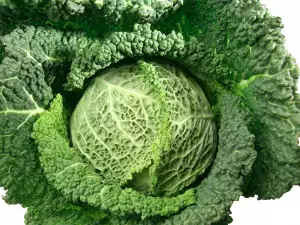
Iodine intake
Food processing often increases the amount of iodine in food. For example, the addition of potassium iodide in iodized salt production dramatically increases your intake of iodine. Dough which is iodine-based is often used in the production of bread, which increases the iodine content of bread.
Iodine is blocked by components of some foods. These nutrients are called goitrous compounds are found primarily in cruciferous vegetables (cabbage and broccoli), soy products, peanuts, mustard and millet.
Amiodarone, a medicine used to treat irregular heart rates, contains iodine and can interfere with proper thyroid function. Likewise, erythrosine, a red coloring agent, commonly used in foods and medicines also contains significant amounts of iodine can affect the thyroid activity.
Properties of iodine
Iodine can play an important role in the prevention and/or treatment of the following diseases: cognitive impairment, cretinism, breast fibrosis disease, goiter, hyperthyroidism, hypothyroidism, miscarriages.
Iodine content in natural foods is usually quite small and varies, depending on environmental factors such as the concentration of iodine in the soil and fertilizer use. Some of the richest sources of iodine are often processed foods containing iodized salt and bread that is made from iodine rich batter.
Sources of iodine
Seafood and vegetables are an excellent source of iodine. Yogurt, especially cow's milk, eggs and strawberries are excellent sources of iodine. One of the best sources of iodine is mozzarella cheese.
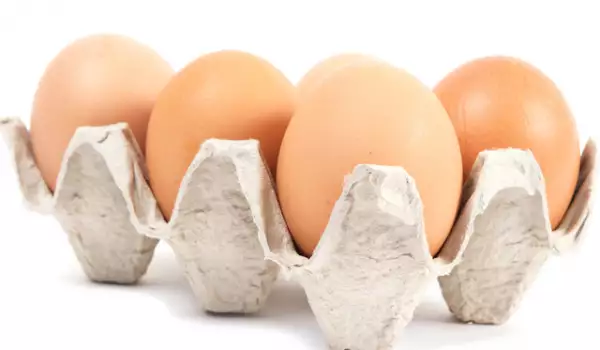
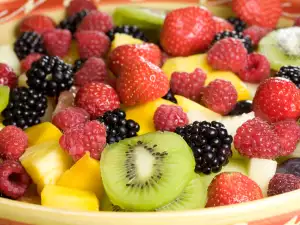
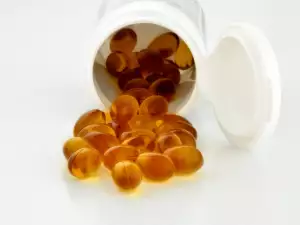
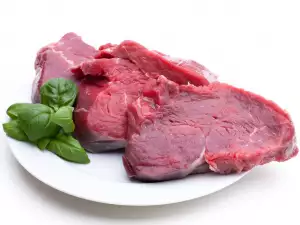
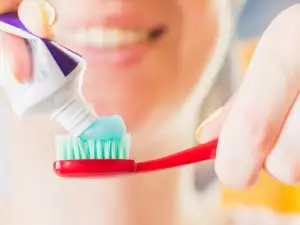
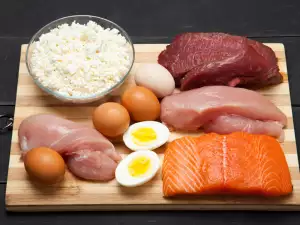

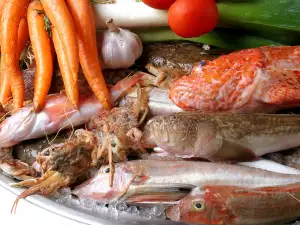
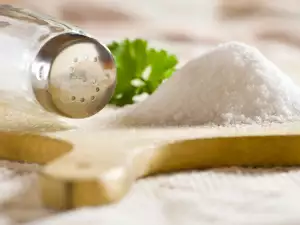
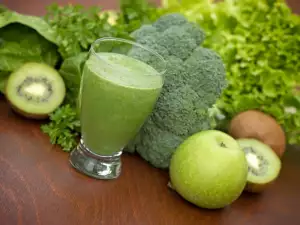
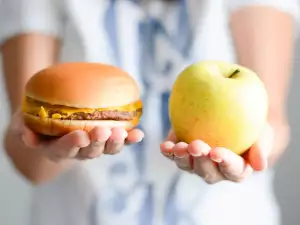
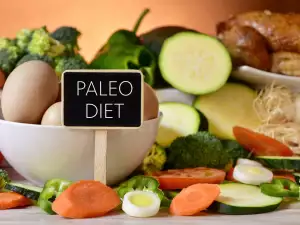
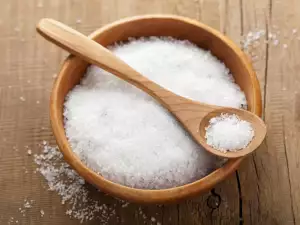

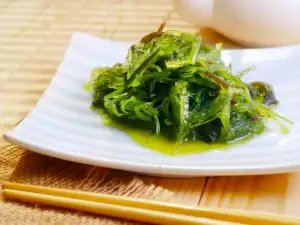

Comments